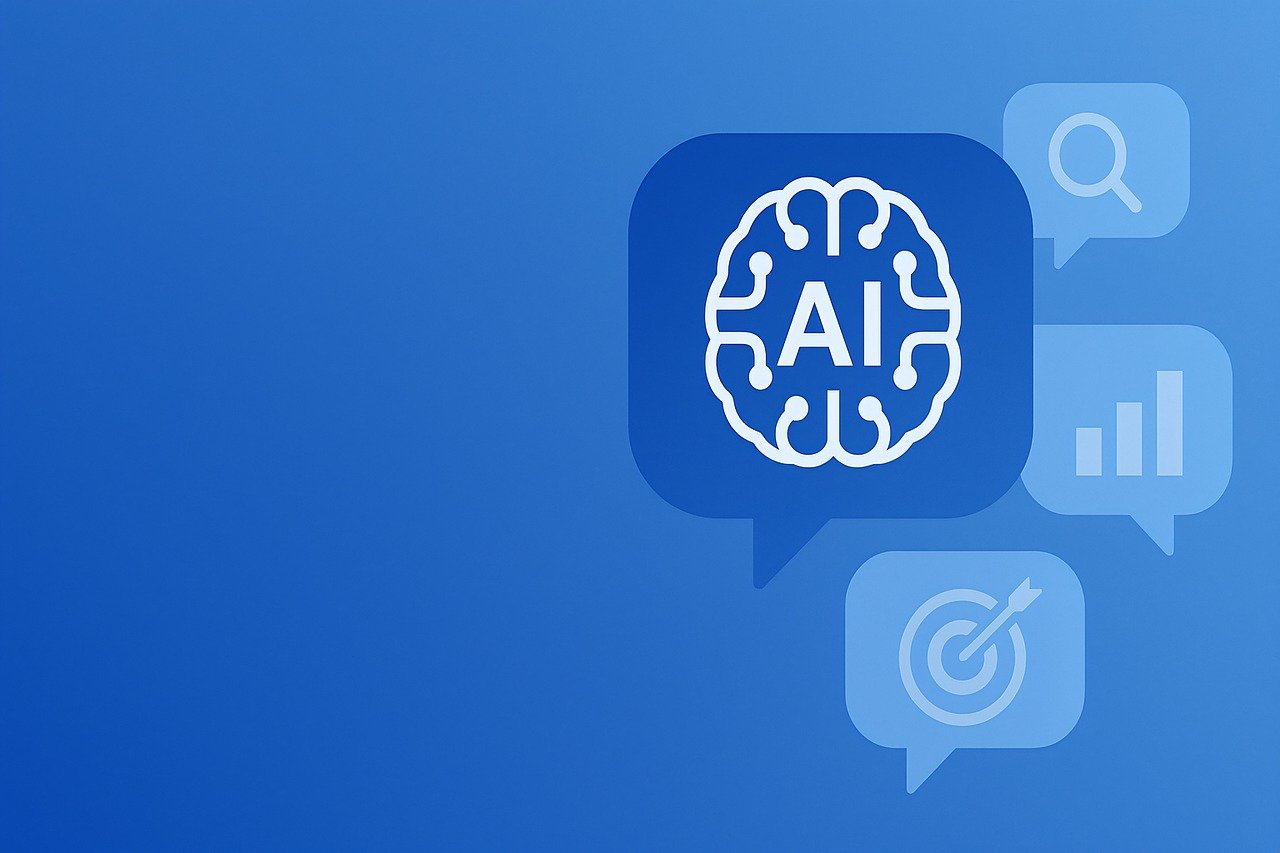PwC’s 2025 AI Business Predictions and Solutions for Business Transformation
Meet the Authors
Key Takeaways
-
AI is becoming integral to business strategies, with 49% of technology leaders reporting it is fully integrated into their companies, helping enhance efficiency and drive innovation.
-
A strategic approach that balances quick wins with transformative projects is essential for successful AI adoption, supported by collaborations like PwC and SAP that offer tailored AI solutions.
-
Responsible AI practices, including data privacy and transparency, are crucial for maximizing the return on AI investments, as ethical considerations directly link to successful AI deployment.
AI is rapidly transforming the business landscape, with companies across various sectors integrating AI into their core strategies to enhance efficiency, drive innovation and maintain competitiveness. According to PwC’s 2025 AI Business Predictions, nearly half (49%) of technology leaders in PwC’s October 2024 Pulse Survey said that AI was “fully integrated” into their companies’ core business strategy. A third said AI was fully integrated into products and services.
A strategic approach to AI adoption is crucial for realizing its overall potential. PwC emphasizes a portfolio strategy that can balance immediate, incremental gains with ambitious, transformative projects. This involves focusing on quick wins that can enhance productivity and customer engagement while also pursuing innovative initiatives that could redefine business models and open new revenue streams.
In this context, the collaboration between PwC and SAP can offer valuable solutions for businesses aiming to leverage AI effectively. By combining PwC’s deep industry experience with SAP’s advanced technologies, organizations can develop AI-driven strategies that align with their specific objectives. This collaboration enables the creation of tailored solutions that can address unique challenges, facilitating smooth integration of AI into existing systems and processes.
Explore related questions
For instance, in the consumer goods sector, companies have used AI to improve supply chain operations. By implementing AI-enabled analytics, these organizations can predict consumer demand more accurately, reduce inventory costs and enhance customer satisfaction. Similarly, in the financial services industry, AI-driven tools have been employed to help detect fraudulent activities in real-time, thereby strengthening security measures and building customer trust.
However, the successful deployment of AI extends beyond technology, it requires a commitment to Responsible AI practices. Enabling data privacy, mitigating biases and maintaining transparency are key components of a trustworthy AI framework. PwC’s predictions highlight that the return on investment for AI is closely linked to the implementation of AI more responsibly, underscoring the importance of ethical considerations in AI initiatives.
Moreover, AI is poised to significantly impact product development cycles. By automating complex tasks and facilitating rapid prototyping, AI can reduce product development timelines by up to 50%. This acceleration can help companies bring innovative products to market faster, responding swiftly to evolving consumer demands and gaining a market advantage.
This positions AI as an integral component of modern business strategies. Through strategic planning, responsible implementation and leveraging collaborations like that of PwC and SAP, organizations can navigate the complexities of AI adoption. This approach not only drives operational excellence but also helps foster innovation, positioning businesses to thrive in an increasingly AI-driven world.
What it Means for SAP insiders
What AI Means for Professionals: For ERP professionals like system administrators, finance managers and supply chain analysts, AI is poised to overhaul daily responsibilities. Imagine automated workflows that can eliminate repetitive tasks, predictive analytics to fine-tune inventory levels and enhanced security that helps reduce manual oversight of financial transactions. These innovations, driven by collaboration between PwC and SAP, allow a shifting focus from operational hurdles to strategic initiatives, enabling better decision-making and more impactful contributions to organizations’ success.
Market on the Rise: The global AI market is on a growth trajectory with industries increasingly adopting AI to enhance enterprise resource planning (ERP) solutions. Vendors like SAP, Microsoft and Oracle are integrating advanced AI capabilities into their platforms, helping businesses streamline operations and drive efficiencies. PwC’s collaboration with SAP exemplifies this trend, offering tailored AI-driven solutions that can align with specific industry needs. As competitors enhance their AI offerings, businesses are presented with a wealth of tools designed to enhance ERP systems, creating an environment ripe for innovation.
Key Considerations for Selecting the Right AI Partner: When evaluating providers of AI-powered ERP solutions, end-users should prioritize a few critical factors. First, look for more seamless integration with your existing ERP platform to avoid disruptions during implementation. Second, prioritize vendors with a proven track record of Responsible AI practices, such as enabling data privacy, reducing biases and maintaining transparency. Finally, assess the scalability and flexibility of the solution, enabling it to adapt to your organization’s evolving needs. By focusing on these criteria, ERP professionals can increase the value of AI investments and drive meaningful improvements across their organizations.






